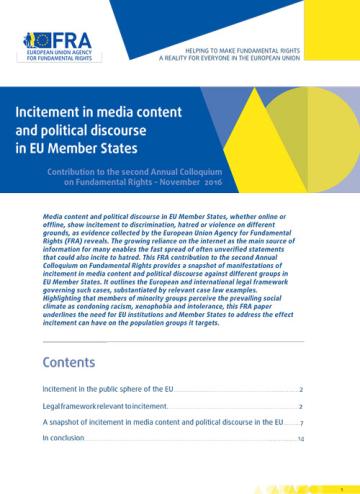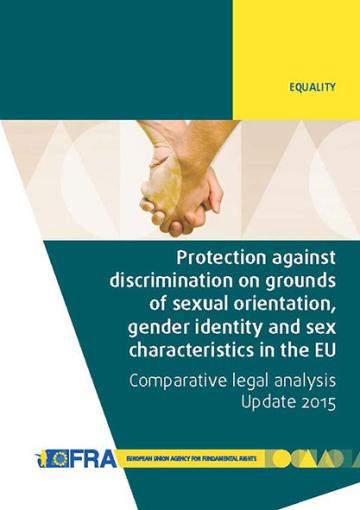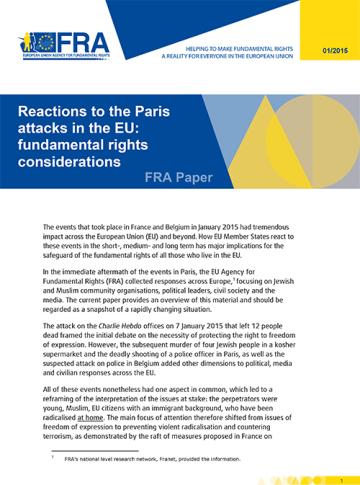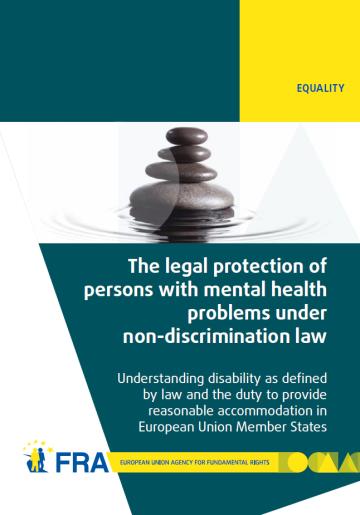Art. 38. No one shall be persecuted or restricted in his rights because of his views, nor shall be obligated or forced to provide information about his own or another person's views. Art. 39. (1) Everyone shall be entitled to express an opinion or to publicize it through words, written or oral, sound or image, or in any other way. (2) This right shall not be used to the detriment of the rights and reputation of others, or for the incitement of a forcible change of the constitutionally established order, the perpetration of a crime, or the incitement of enmity or violence against anyone.Art. 40. (1) The press and the other mass information media shall be free and shall not be subjected to censorship. (2) An injunction on or a confiscation of printed matter or another information medium shall be allowed only through an act of the judicial authorities in the case of an encroachment on public decency or incitement of a forcible change of the constitutionally established order, the perpetration of a crime, or the incitement of violence against anyone. An injunction suspension shall lose force if not followed by a confiscation within 24 hours.Art. 41. (1) Everyone shall be entitled to seek, obtain and disseminate information. This right shall not be exercised to the detriment of the rights and reputation of others, or to the detriment of national security, public order, public health and morality.[...]




